New Treasures: Piers Anthony’s Luck of the Draw
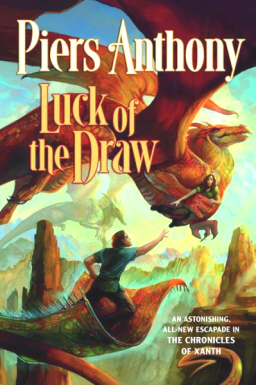 I admit that I was surprised to find a new Xanth novel among this week’s new arrivals — but I suppose I shouldn’t have been. This is the 36th in the series, following 2011’s Well-Tempered Clavicle, and Anthony shows no sign of slowing down; the next two, Esrever Doom and Board Stiff, have already been announced.
I admit that I was surprised to find a new Xanth novel among this week’s new arrivals — but I suppose I shouldn’t have been. This is the 36th in the series, following 2011’s Well-Tempered Clavicle, and Anthony shows no sign of slowing down; the next two, Esrever Doom and Board Stiff, have already been announced.
The Xanth series, for those of you completely unfamiliar with American fantasy, began with A Spell for Chameleon, published in paperback by Del Rey in 1977. I was in high school in 1977, and I remember the immediate impact it had. It was fast-paced and genuinely funny, and that made it virtually unique on book store shelves groaning under the weight of numerous Tolkien rip-offs
The first nine Xanth books were published in paperback by Del Rey; starting with Vale of the Vole in 1987, the series switched to Avon Books. Anthony switched publishers again in 1993 for Demons Don’t Dream, the sixteenth installment. It’s pretty unusual for a successful author to hop publishers like that; I found this cryptic explanation on Anthony’s Wikipedia page (with no citation):
On multiple occasions Anthony has moved from one publisher to another (taking a profitable hit series with him), when he says he felt the editors were unduly tampering with his work. He has sued publishers for accounting malfeasance and won judgments in his favor.
Yikes. That doesn’t sound good. Not sure what the true story is, but have no fear. Team Black Gate will investigate.
But not until we finish reading Luck of the Draw, of course. And maybe get a snack.
Luck of the Draw was published by Tor Books on December 24, 2012. It is 350 pages in hardcover, priced at $25.99 ($12.99 for the digital edition).
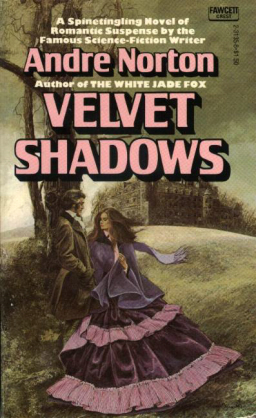
 The editors and staff of Black Gate are very proud to note that the Barnes & Noble Book Club’s annual list of The Best Fantasy Releases is thick with Black Gate authors, including Howard Andrew Jones, John R. Fultz, Myke Cole, and Mark Lawrence. Here’s reviewer Paul Goat Allen:
The editors and staff of Black Gate are very proud to note that the Barnes & Noble Book Club’s annual list of The Best Fantasy Releases is thick with Black Gate authors, including Howard Andrew Jones, John R. Fultz, Myke Cole, and Mark Lawrence. Here’s reviewer Paul Goat Allen: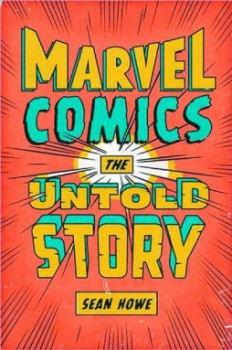 Early on in Sean Howe’s book-length history Marvel Comics: The Untold Story, the reader’s imagination is spurred by a throwaway anecdote: in 1937, New York magazine publisher Martin Goodman and his wife planned to return from a trip to Europe aboard the Hindenburg — on what would turn out to be the final tragic flight of the German dirigible, which ended with a terrifying aerial explosion and fire that led to the deaths of 36 people. Goodman, as it happened, was too late to get tickets and took a plane instead. You can’t help but wonder, though. What if he’d died then, before he’d expanded his magazine line to include comics? Before he’d hired his nephew Stanley to work in the office and do fill-in bits of writing? What if Marvel Comics, the subject of Howe’s book, had been stillborn? What would have been different in the development of comics, of popular culture, of the North American imagination? Maybe everything. Maybe nothing.
Early on in Sean Howe’s book-length history Marvel Comics: The Untold Story, the reader’s imagination is spurred by a throwaway anecdote: in 1937, New York magazine publisher Martin Goodman and his wife planned to return from a trip to Europe aboard the Hindenburg — on what would turn out to be the final tragic flight of the German dirigible, which ended with a terrifying aerial explosion and fire that led to the deaths of 36 people. Goodman, as it happened, was too late to get tickets and took a plane instead. You can’t help but wonder, though. What if he’d died then, before he’d expanded his magazine line to include comics? Before he’d hired his nephew Stanley to work in the office and do fill-in bits of writing? What if Marvel Comics, the subject of Howe’s book, had been stillborn? What would have been different in the development of comics, of popular culture, of the North American imagination? Maybe everything. Maybe nothing.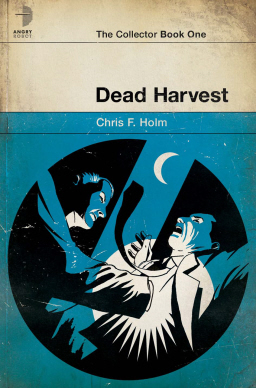
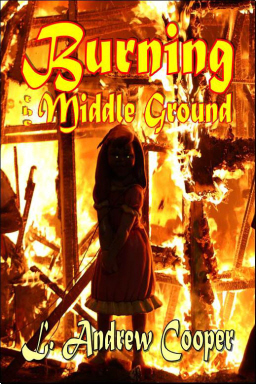
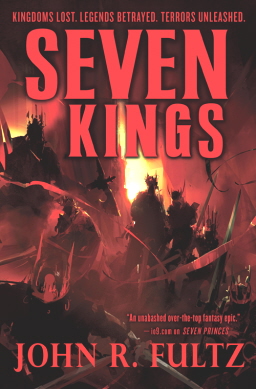
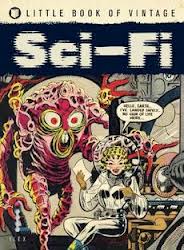
 The students in Intro to Poetry read scared. They started the semester twitchy as rabbits. Poetry made them feel stupid. No, let’s be more specific: being asked to explain poetry made them anticipate humiliation. Their baggage from their high school English classes led them to expect, reasonably or not, that they had to be experts already, that they would be chastised in front of one another and punished with bad grades for not already knowing as much as their teachers did. They felt like newly licensed drivers trying to merge onto a freeway from a stop sign.
The students in Intro to Poetry read scared. They started the semester twitchy as rabbits. Poetry made them feel stupid. No, let’s be more specific: being asked to explain poetry made them anticipate humiliation. Their baggage from their high school English classes led them to expect, reasonably or not, that they had to be experts already, that they would be chastised in front of one another and punished with bad grades for not already knowing as much as their teachers did. They felt like newly licensed drivers trying to merge onto a freeway from a stop sign.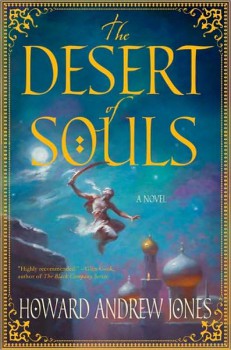 ‘Tis the season for great book deals.
‘Tis the season for great book deals.